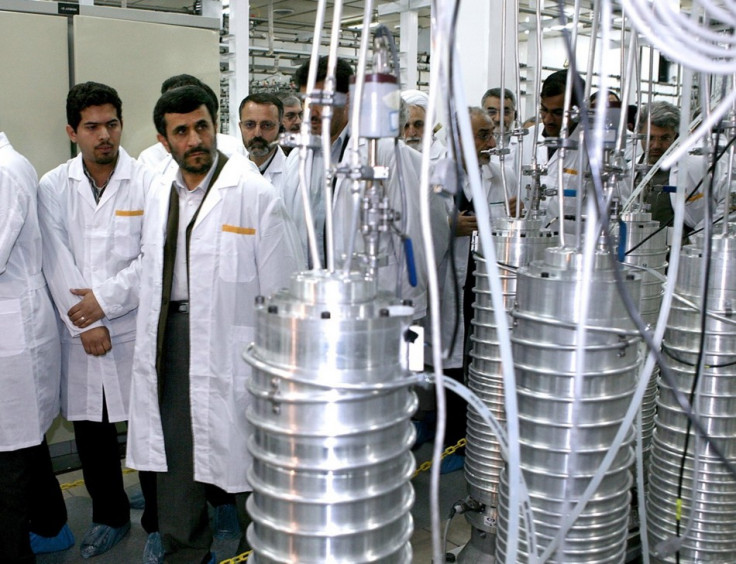Stuxnet Attack on Nuclear Plant Forced Iran to Strengthen Cyber Capabilities
The US-Israeli-backed cyber-attack known as Stuxnet, which targeted the Natanz nuclear plant, forced Iran to strengthen its cyber capabilities according to a US general.

While neither the US nor Israeli governments have officially admitted they were behind the attack in 2010, it is widely believed to be the case. The attack saw centrifuges within the nuclear enrichment facility spin out of control and caused disruption and delay to Iran's nuclear programme.
As a result, Iran has stepped up its cyber capabilities, according to Gen William Shelton, who heads Air Force Space Command and oversees the air force's cyber operations.
"The Iranian situation is difficult to talk about," Shelton said. "It's clear that the Natanz situation generated reaction by them. They are going to be a force to be reckoned with, with the potential capabilities that they will develop over the years and the potential threat that will represent to the United States."
In recent weeks and months, it has been speculated that Iran was behind a sustained series of attacks on US banking websites, though this has been denied by Tehran.
The US is not the only target of Iran's cyber-attacks, according to analysts. Israel and Gulf Arab states have also been targeted.
Repelling Pentagon probes
A senior Iranian commander said the Islamic Republic could disrupt enemy communication systems as part of its growing "electronic warfare" capabilities.
Shelton said the air force expected orders in coming months to expand its cyber workforce of about 6,000 by 1,000 people. He said he was pressing air force top brass to boost funding for cyber operations, but added there were competing demands and the budget outlook remained uncertain.
He said the air force was repelling nearly 100 percent of the millions of probes launched against Pentagon networks every day, but it was also using cyber tools to substitute for clandestine human intelligence-gathering efforts and expanding its offensive cyber capabilities.
"There are things that you can get from a computer network that in the past were very hard to collect and had to be done through human sources," he said. "It has become a darned-near substitute for human intelligence activity."
With what he called access to the "right networks" and the "right code," Shelton said the US military would also be able to cause physical damage without using a bomb or missile.
© Copyright IBTimes 2025. All rights reserved.






















